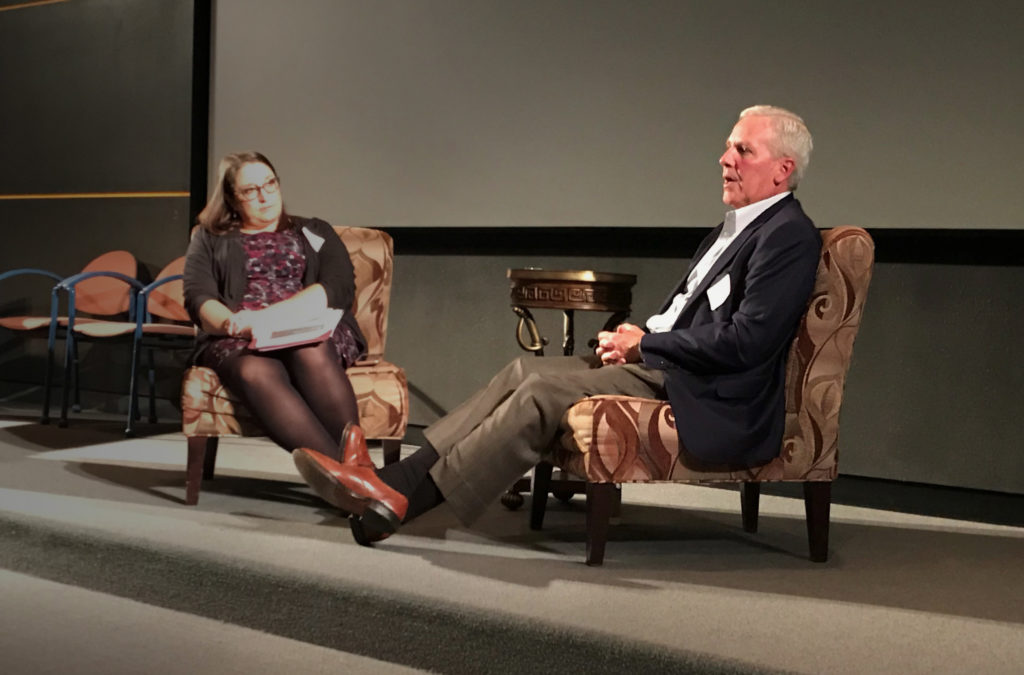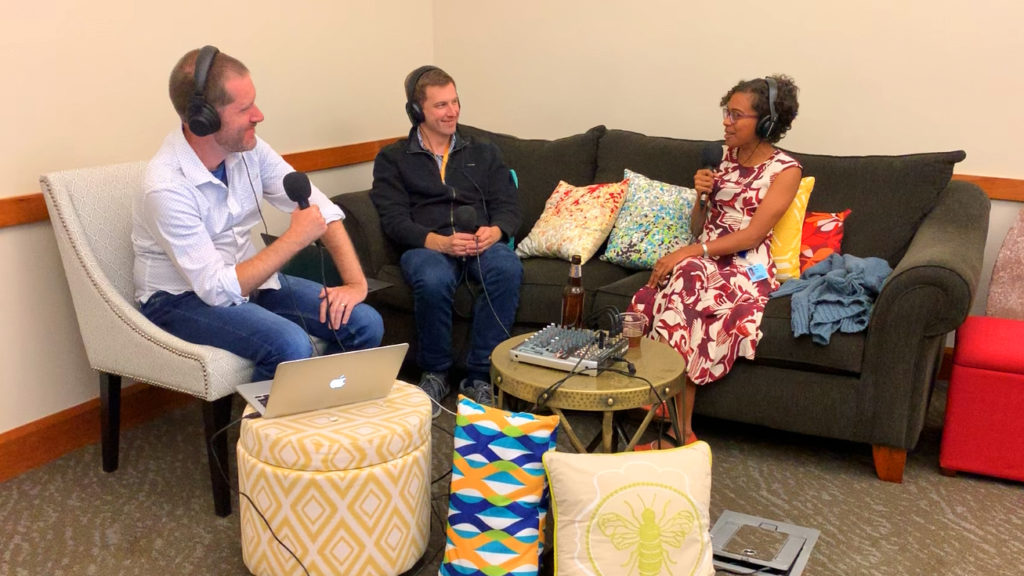Do you remember what it was that first inspired in you your life’s passion for science? Was it collecting bugs, frogs or other creatures as a child? Or maybe that first chemistry set—the one that had your mother hovering behind you with a fire extinguisher. Perhaps it was a parent or teacher that first sparked something in you that never dimmed. Whatever, or whoever, it was that first kindled your interest in science, no doubt there have been times when you wished that someone would offer you some advice on how to navigate through the modern, rapidly changing world of science.
On this past Saturday, I took a trip to my local library on a quest to get just exactly that. To be specific, I was going to check out a copy of Edward O. Wilson’s Letters to a Young Scientist (1). Although I haven’t had time to read more that the first chapter, the advice that he offers at the end of that chapter struck me as good advice to any young (or not so young) person:
It is quite simple: put passion ahead of training. Feel out in any way you can what you most want to do in science, or technology, or some other science-related profession. Obey that passion as long as it lasts.
Wilson is speaking specifically to young scientists, but it seems to me that this main point is more universal than that: It applies to the not-so-young scientist and the nonscientist as well.
I am really looking forward to reading the rest of the book, but for today I am challenging myself as well as all of you to “obey the passion”. Even if you can only do it for one day, put aside the demands of career or school, find that passion that started you on your journey in science and follow it!
Reference
- Wilson, E.O. (2013) Letters to a Young Scientist. Liveright Publishing, New York.
Like this:
Like Loading...










